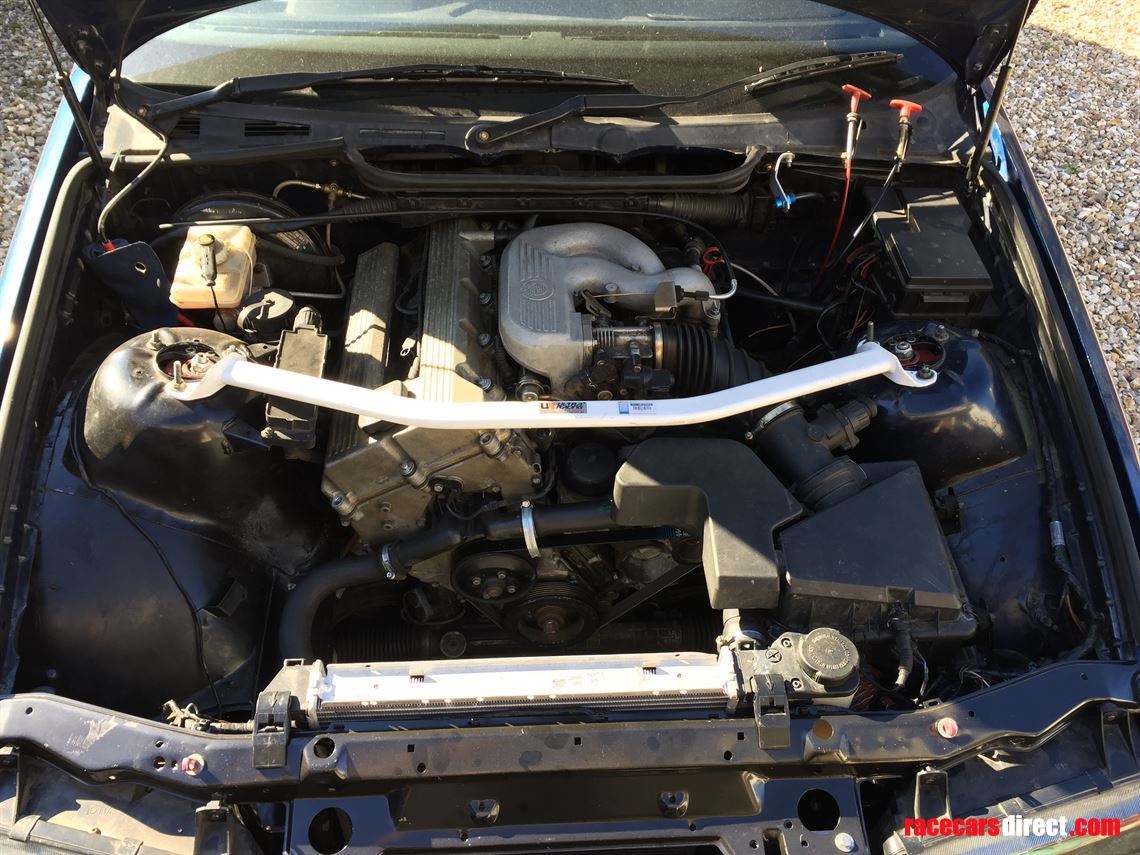BMW 318ti: A Traditional Compact with Timeless Charm
BMW 318ti: A Traditional Compact with Timeless Charm
Blog Article
Vital Factors To Consider for Picking the Finest Engine for Your Requirements
In the realm of selecting the excellent engine to fulfill your needs, several important variables demand thorough consideration to make certain ideal efficiency and efficiency. From the nuanced balance between power and efficiency to the often-overlooked aspects of upkeep and solution demands, each element plays a critical duty in figuring out one of the most suitable engine for your certain needs. As the complexity of engine modern technologies continues to progress, critical the most suitable alternative necessitates a deep understanding of the interaction in between different factors to consider. By checking out the detailed internet of aspects that underpin this decision-making process, a more clear course emerges in the direction of selecting an engine that not just fulfills but surpasses your expectations.
Power and Efficiency
When reviewing engines for optimum efficiency, it is critical to focus on both power outcome and performance. Power outcome determines the capability of an engine to produce energy, which directly impacts its performance. A high power result is essential for requiring jobs such as high-speed demands or durable applications. It guarantees that the engine can deal with the workload properly and successfully. Nonetheless, power alone is not adequate; effectiveness plays a considerable role in identifying the overall efficiency of an engine. Efficiency refers to just how well the engine transforms fuel into useful power. A more effective engine will certainly provide much better mileage, lower emissions, and lowered operating expense. Striking the ideal balance between power result and efficiency is key to picking an engine that satisfies your particular needs. When making this decision, it is crucial to think about factors such as the planned use of the engine, environmental impact, and long-term price effects. By very carefully assessing both power and performance, you can choose an engine that provides optimum performance and satisfies your needs efficiently.
Gas Performance and Economic Climate
In the realm of engine selection, the consideration of fuel effectiveness and economic situation holds extremely important significance. Fuel effectiveness refers to the engine's capability to transform gas into energy with very little waste, straight impacting operating costs and environmental sustainability. bmw 318ti. When picking an engine, evaluating its fuel economy is important to figure out lasting financial savings and ecological effect. Engines with greater fuel effectiveness not only decrease fuel expenses but additionally lower carbon exhausts, adding to a greener procedure.

Compatibility and Application
Thinking about the fuel performance and economy of an engine, the following important facet to address is its compatibility and application within certain functional contexts. Compatibility refers to just how well the engine integrates with the total system or equipment it powers. It entails elements such as physical measurements, mounting alternatives, electrical user interfaces, and control systems. Ensuring compatibility is necessary to avoid concerns such as overheating, resonances, or power imbalances (bmw 318ti).
Different engines are created for specific functions, whether it be commercial equipment, aquatic vessels, autos, or power generators. Understanding the intended application permits for the choice of an engine that can supply the needed power outcome, torque, and functional characteristics.
Upkeep and Solution Demands
Maintenance and solution demands play a crucial duty in ensuring the durability and optimal efficiency of an engine. Regular upkeep is necessary to protect against break downs, extend the life-span of the engine, and maintain its effectiveness. When selecting an engine, it is very important to consider the manufacturer's suggested maintenance schedule and the accessibility of service facilities or certified service technicians.
Variables such as the regularity of oil modifications, filter replacements, and general examinations can considerably affect the engine's performance. Some engines might need more regular servicing based on their design and usage, while others may have longer intervals in between upkeep checks. It is crucial to stick to these solution requirements to avoid expensive fixings and unanticipated downtime.

Expense and Spending Plan Factors To Consider
Budget plan restrictions often play a substantial role in the decision-making process when picking an engine for a specific application. When considering the price and budget ramifications of picking an engine, it is vital to examine not just the first acquisition price but likewise the long-lasting expenses related to upkeep, gas intake, and potential upgrades or repair services. It is critical to strike an equilibrium between the ahead of time expense of the engine and its general lifecycle costs to ensure that the picked engine continues to be monetarily lasting throughout its functional lifespan.
Aspects such as fuel performance, longevity, and reliability can directly influence the total cost of possession of an engine. While a more costly engine might have greater upfront prices, it can potentially result in lower maintenance and gas costs over time, hence providing much better worth in the lengthy run.
Final Thought

Fuel performance refers to the engine's capacity to transform gas into energy with very little waste, directly impacting operating costs and wikipedia reference environmental sustainability.Aspects influencing fuel efficiency consist of engine style, combustion performance, and total efficiency optimization. Furthermore, selecting the ideal fuel type and quality as suggested by the engine supplier can further improve effectiveness and lengthen engine lifespan.
Engines with great serviceability functions and readily offered components can minimize upkeep prices and minimize the time the engine is out of operation - bmw 318ti. It is crucial to strike a balance between the ahead of time cost of the engine and its total lifecycle costs to make sure that the picked engine stays economically lasting throughout its functional browse around this site life expectancy
Report this page